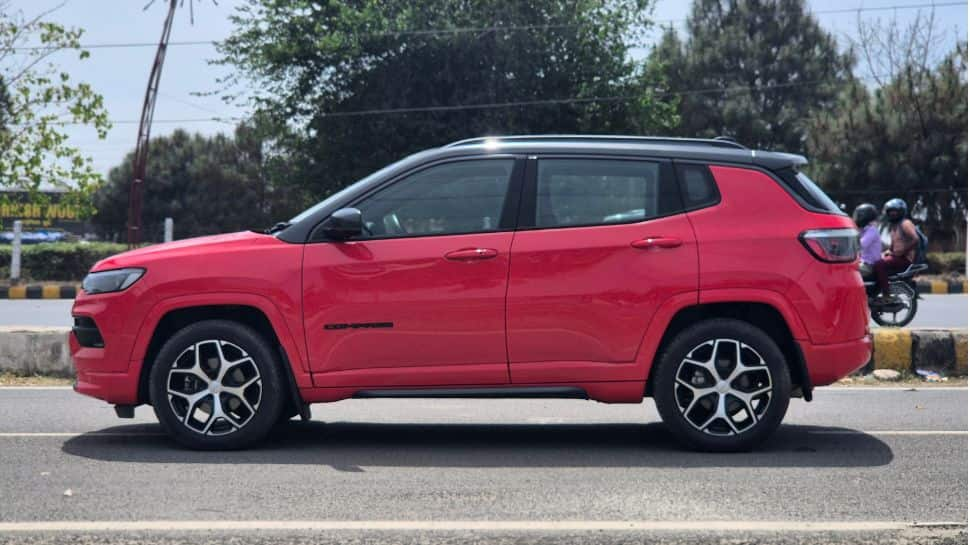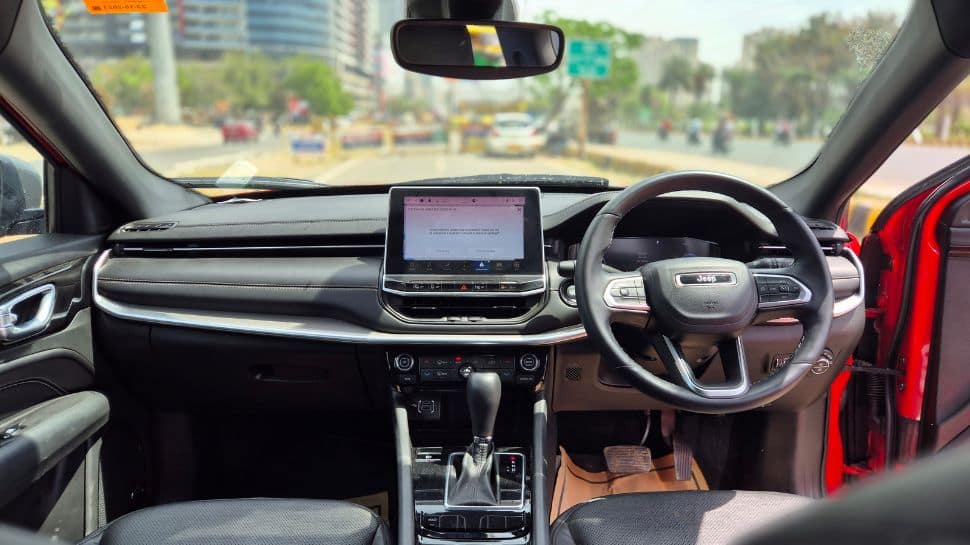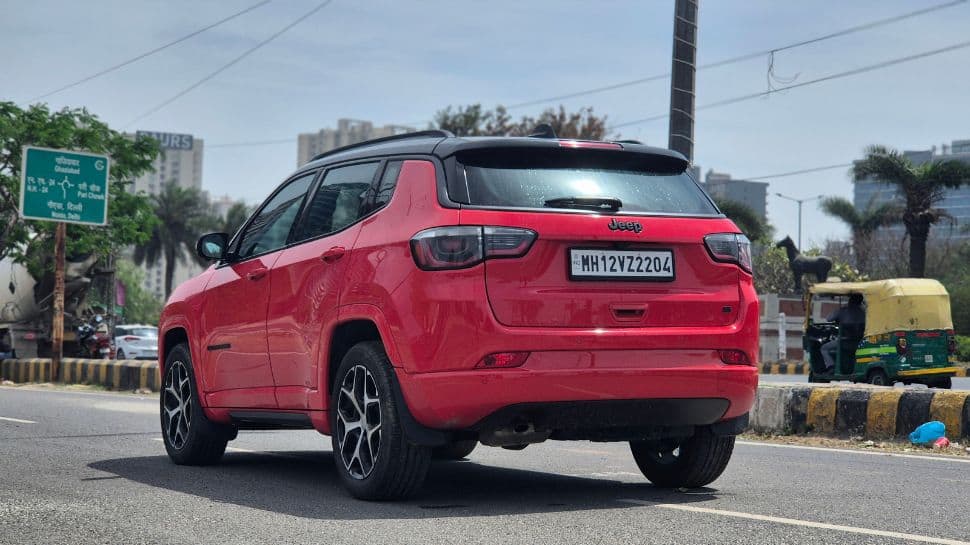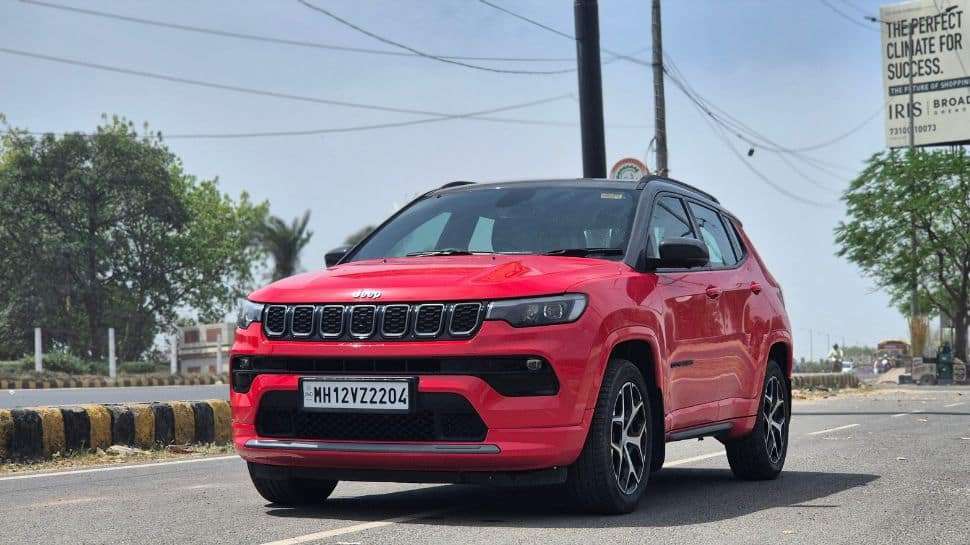Jeep has long been synonymous with rugged off-road capabilities but not every Indian car owner craves rock-climbing adventures. Recognizing this, Jeep offers a 4×2 option for those seeking the Jeep aura without straying far from paved roads or incurring extra costs. However, a misstep in product planning led to Jeep discontinuing the Compass 1.4 turbo-petrol 4×2 Auto, leaving only the pricier 4×4 diesel automatic in the lineup.

Back in Game
And, as the market increasingly favours automatic transmissions, customers are reluctant to pay for 4×4 capabilities they may never use. Consequently, Compass sales have taken a hit. Thankfully, Jeep seems to have course-corrected with introducing the 4×2 diesel automatic, which is almost Rs 6 lakh cheaper than its 4×4 counterpart.
Price Range
At present, the 4×2 diesel AT range is priced between Rs 26.69 lakh to Rs 29.99 lakh (ex-showroom, India). Even with this price range, the Compass is expensive. It’s Rs 6 lakh more expensive than the Tata Harrier. Not only this, the top-spec automatic variants of Kia Seltos diesel and Hyundai Creta diesel are more than Rs 5 lakh cheaper than the base-spec Compass AT.
Not A Complete Makeover
At first glance, only the keen observers might notice the updates to the Compass. The notable alterations include a fresh alloy wheel design, a revamped look for the iconic Jeep grille, featuring 3D elements and removal of 4×4 badging. Otherwise, it maintains the same old appearance.
While the Compass may not offer the most spacious rear seat in the midsize SUV segment, its boot space remains fairly generous, making it a competitive option in its price range. Nice material is used on dashboards and doors, but the space is the same as there’s no change in dimension.
Engine, Ride & Handling
It boasts a familiar 2.0-litre diesel engine, producing 168bhp and 350Nm with 9-speed automatic transmission. While the engine delivers ample power for overtaking, the gearbox can be a hurdle. Smooth gear changes are a mixed bag- initial acceleration can be sluggish, with a hesitation before the car lunges forward.

This lack of responsiveness is further amplified during overtaking manoeuvres. Precious seconds tick by as the gearbox contemplates the driver’s request, followed by a noticeable engine groan before acceleration kicks in. The gearbox is more suited for a slow-speed trail than a quick overtake on a highway. Compass skips out on paddle shifters, a common feature amongst competitors, opting for media controls in their place. Not having paddle shifters, might leave enthusiasts wanting more control over the driving experience.
The Compass is renowned for its unmatched ride quality. You will have the same experience with Compass 4×2 Diesel AT. Unlike other SUVs in its price range, the Compass glides over rough surfaces with ease, thanks to its generous wheel travel and well-tuned damping, although the ride can feel slightly firm at slower speeds.

Nevertheless, its light and precise steering ensures an unparalleled driving experience. The suspension of Compass has always been good and it remains the same with 4×2 Diesel AT. It easily absorbs rough patches on road.
Verdict
Despite its strengths, there’s still room for improvement, particularly in terms of features. Compared to its competitors, which boast advanced tech like ADAS, the Compass falls short. However, for those loyal to the Jeep brand, rest assured, this model won’t disappoint.

